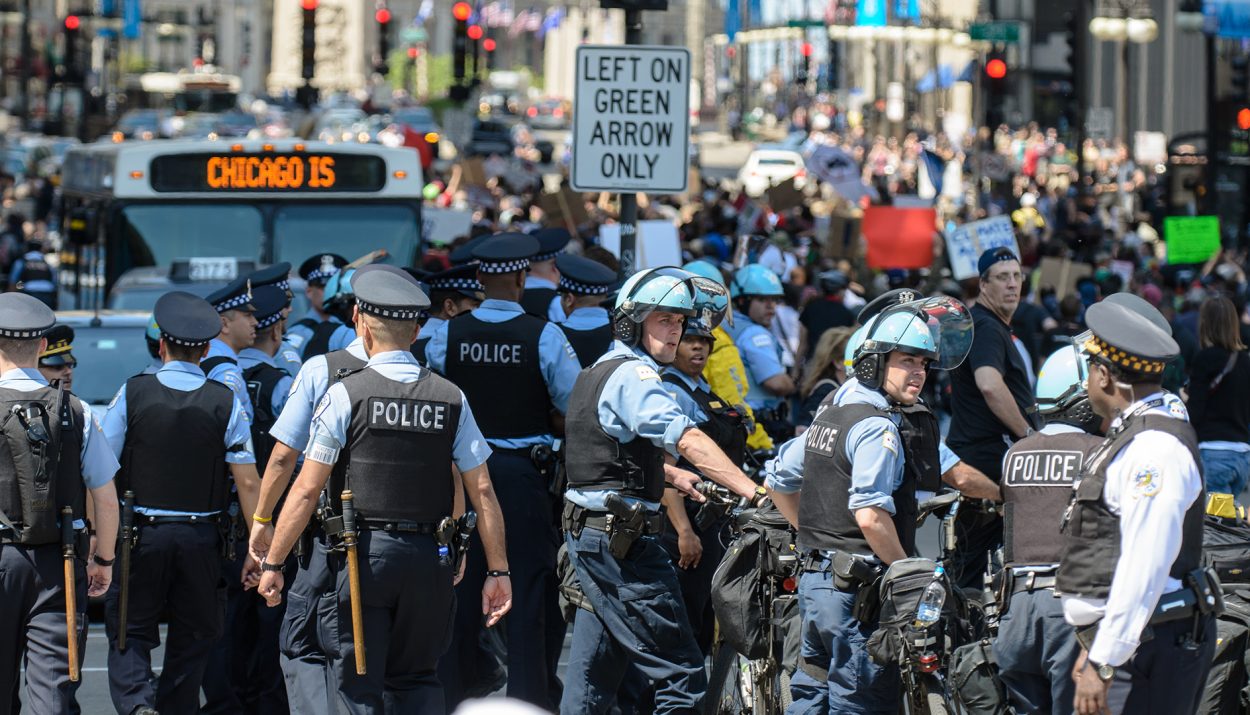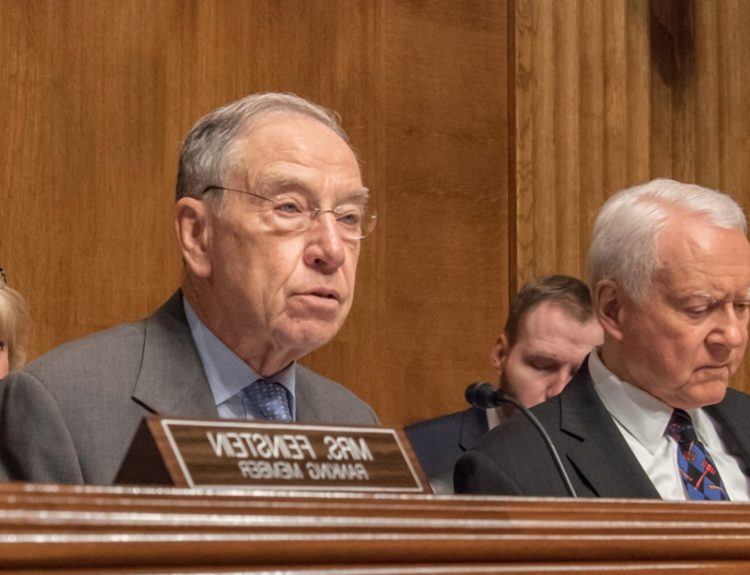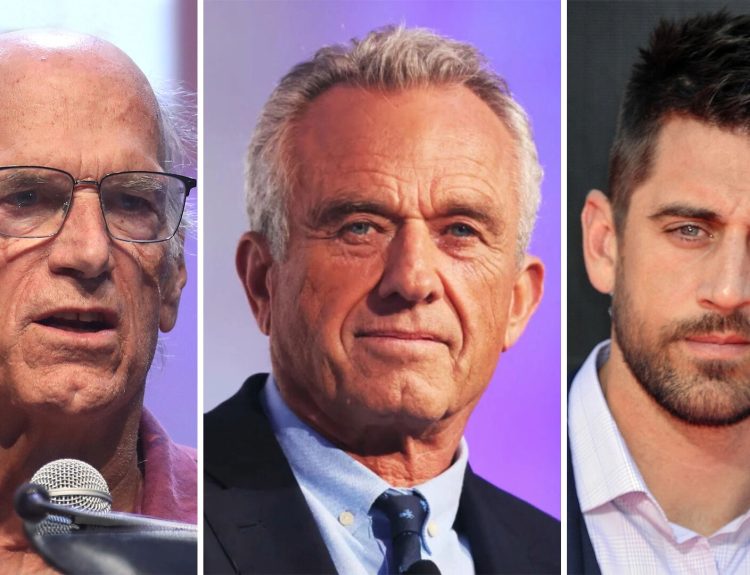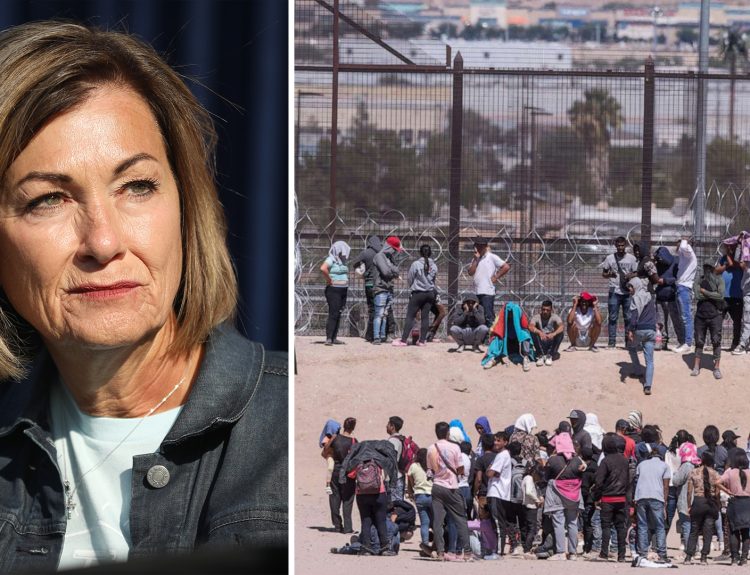Chicago Mayor Brandon Johnson raised concerns with some citizens and critics after suggesting that the city enforce a “non-police response” to emergencies. Johnson reportedly feels that would help move the city forward. However, several other politicians, officials, and citizens feel that the exact opposite may be the case.
The Discontinuation Of Gunshot Detection Technology
Multiple reports confirm that the controversial statement was made in connection with the announcement of the discontinuation of ShotSpotter. ShotSpotter is a tool that authorities have used to be able to instantly detect gunshots immediately after they are fired.
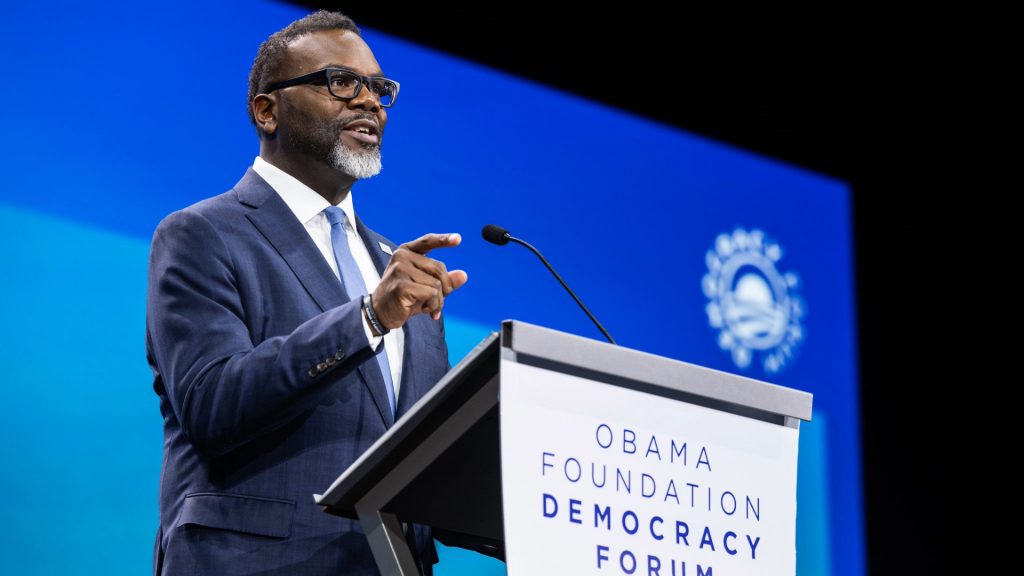
City officials confirmed that the contract held with the company that owns the technology, SoundThinking, was close to its expiration date. Extensive negotiations between the company and city persisted. The result of those negotiations is that Chicago will continue to use ShotSpotter at least until late September.
ShotSpotter Discontinuation Fulfills One Of Johnson’s Campaign Promises
Most insiders and fellow politicians throughout the city of Chicago were not surprised by the announced discontinuation of ShotSpotter. Johnson made it clear throughout his campaign that its termination would be a priority on his to-do list.
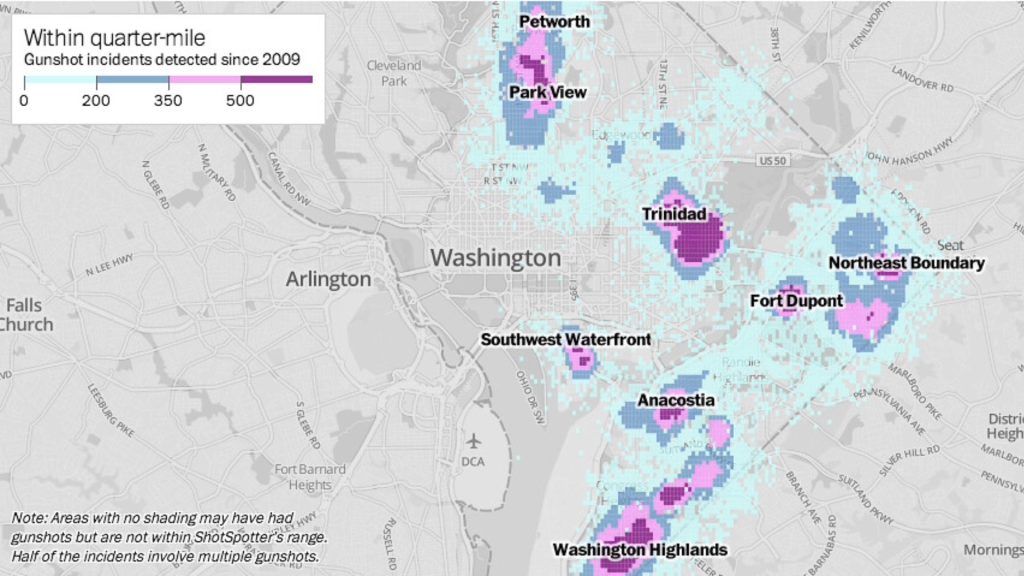
Further reports show that Johnson was not hasty in making this decision either. He apparently discussed the issue thoroughly and listened to arguments from all sides regarding the fate of the gunshot detection technology and its use by law enforcement officials in Chicago.
Chicago Police Will Focus On Introducing ‘Fresh Training Initiatives’
In response to the announced September termination date of the ShotSpotter technology operation, the City of Chicago issued a statement that focused on what will happen next with the Chicago Police Department. According to the statement, the department will “strive to overhaul operations” and “introduce fresh training initiatives.”
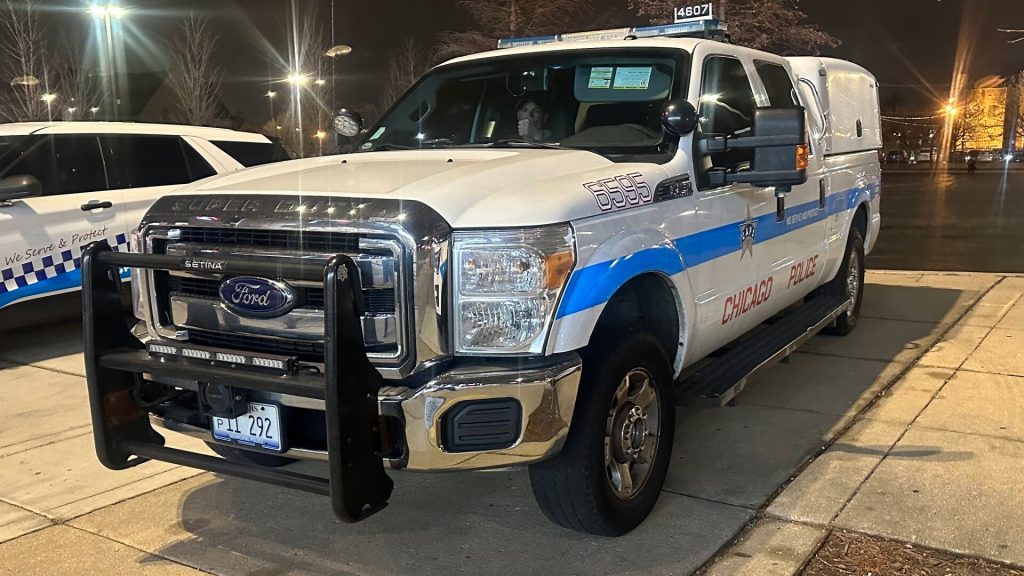
In addition, a goal of the Chicago Police Department will be to refine the various protocols that already exist when it comes to gun violence. The ultimate goal, according to the city’s statement, is to decrease shootings while also enhancing accountability.
Critics Highlight Concerns With ‘Non-Police Response’ Idea
Most critics of the “non-police response” idea suggested by Mayor Johnson focused on the risks involved with its implementation. For instance, critics cited the risks linked with the lack of reliability or availability of non-police options in the event of an emergency.
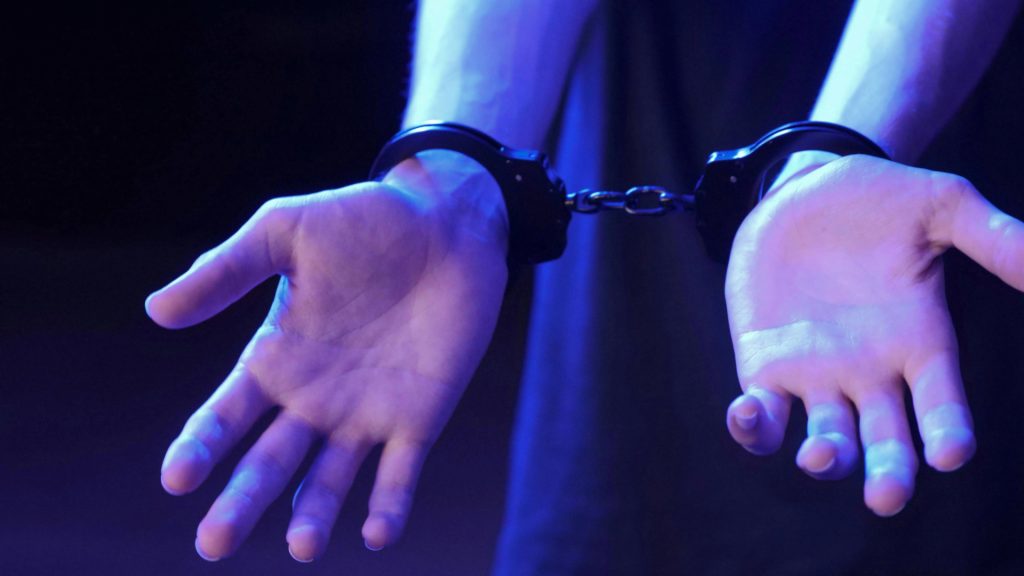
Democratic Alderman Chris Taliaferro from the 29th Ward of Chicago wondered how there would be a police response without being able to rely on a 911 call. The removal of the police response to 911 calls in addition to the discontinuation of the gun detection technology apparently raise a lot of confusion.
ShotSpotter Technology Criticized For Claims Of Minority Targeting
One of the biggest topics of discussion and debate regarding the ShotSpotter technology was its alleged targeting of minorities. According to some critics, the technology emphasizes and expands on racial disparities found within surveillance issues and policing overall.
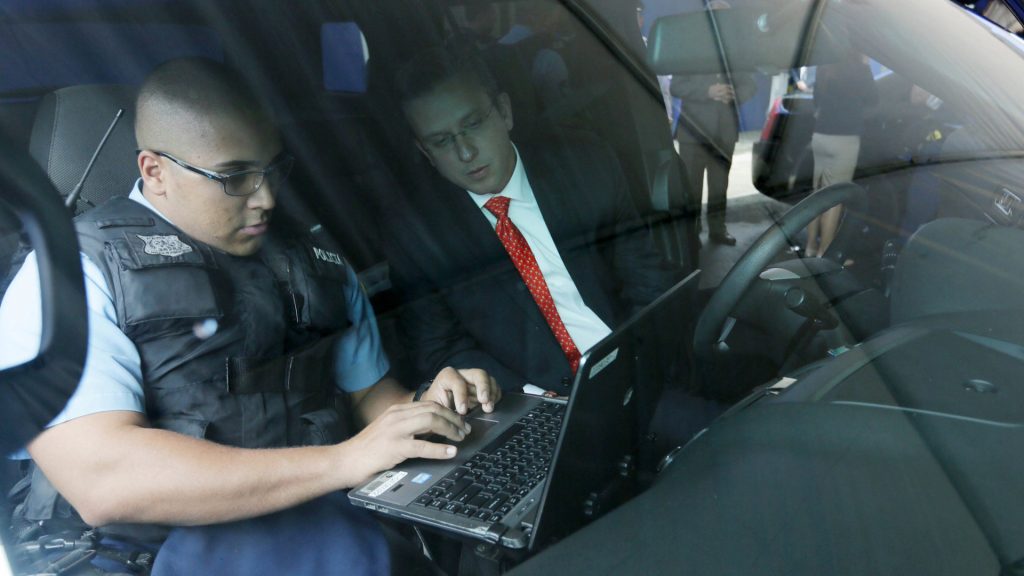
Law enforcement in general praised the technology for its overall effectiveness when used successfully in the field. The city reportedly had a contract with SoundThinking worth $49 million regarding the ShotSpotter technology.
Adam Toledo Slaying Boosted Criticism Of ShotSpotter
The criticism associated with the use of ShotSpotter in Chicago was further ignited in 2021 by the death of 13-year-old Adam Toledo. Chicago police officer Eric Stillman reportedly responded to a ShotSpotter alert on March 29, 2021 that led to his encounter with Toledo and another individual in an alley.
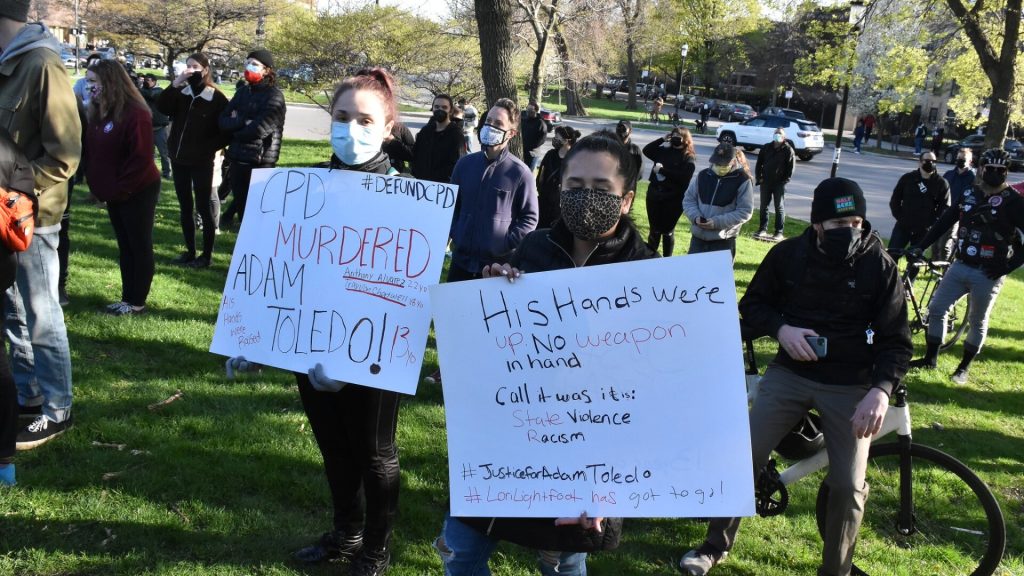
Stillman later claimed that he shot Toledo as an act of self-defense since the 13-year-old was allegedly armed. The Chicago Police Department later released body camera footage that showed Toledo was apparently unarmed and had his hands up when he was fatally shot.
How Does The ShotSpotter Technology Even Work?
How exactly does technology detect when a gunshot is fired in a city? The ShotSpotter technology is designed to focus on sensors mounted on various light poles throughout the city. The sensors are programmed to alert local police when they detected gunfire in their respective areas.
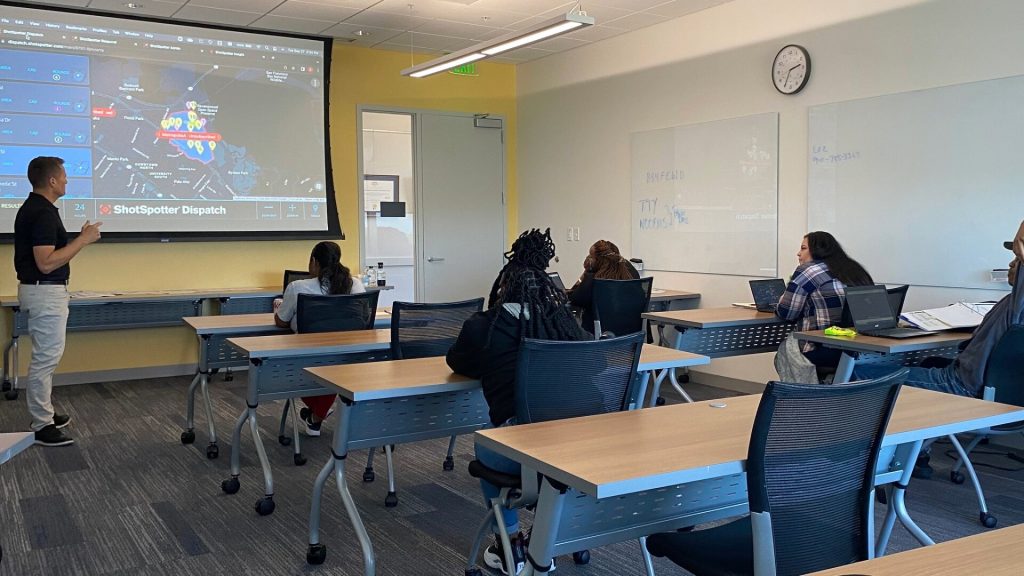
Therefore, once the sensors pinged the police, they would simply focus on the specific location of the triggered sensor. Police officers would then be dispatched to those areas to investigate further. Regarding the decision to stop using this technology, Alderman Walter Burnett expressed that it creates “mixed emotions.”
ShotSpotter Removal Creates Mixed Reactions From Chicago Citizens, Critics
There are still quite a few citizens and critics that bashed the gunshot detection technology since its initial implementation. Many of them feel as if it is useless when it comes to assisting law enforcement to solve crimes and locate suspects. Some even argue that the technology served as an impetus for over-policing the city.

On the other hand, there are some people that feel as if removing ShotSpotter is a major loss for the city. They believe that the technology assisted police officers with responding more quickly to shootings than before they started using the technology.
Reinvestment of ShotSpotter Contract Funds Can Go Towards ‘Myriad Of Things’
Burnett, who also serves as the vice mayor to Brandon Johnson, claimed that the expenses associated with the technology were not justified by its questionable results. According to Burnett, the money that would have been spent to renew the contract can be reinvested in other aspects of city operation and community enhancement efforts.

For instance, Burnett referenced the hiring of additional police officers within the city as an idea. He further expressed that the money could be used to use license plate readers as an effective method for responding to car jackings in a timely fashion. He stated that there is “a myriad of things the money can be used for that could be helpful.”
Mayor Johnson Highlighted ‘Holistic Approach’ As Test Of His Leadership
Brandon Johnson made it clear last April that he was determined to unite Chicagoans through an innovative public safety plan. The goal of the plan was to emphasize a fresh approach to addressing the spikes in violence and crimes that apparently started at the peak of the COVID-19 pandemic.
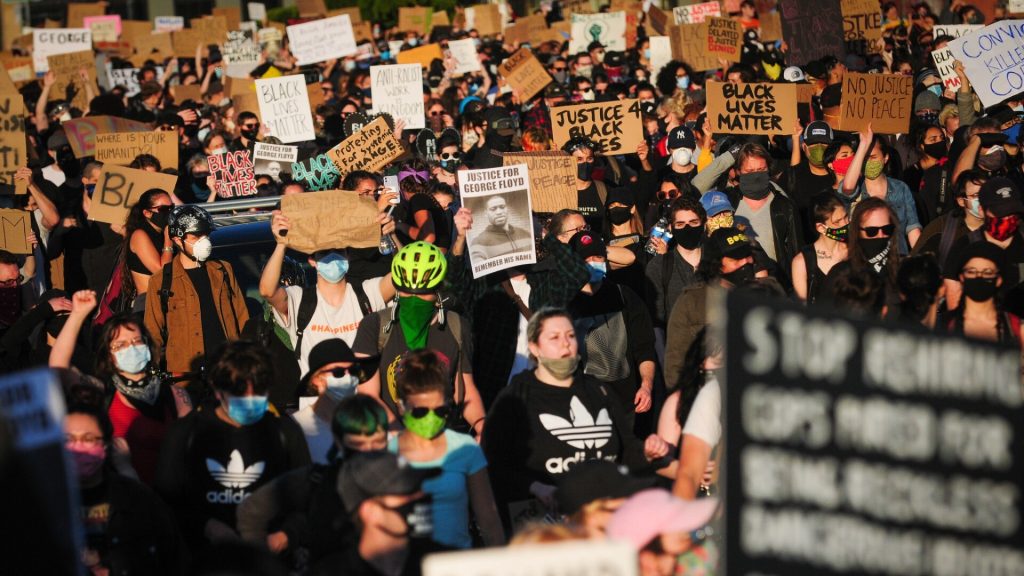
He hoped that his victory of winning the election would help to reshape the overall debate throughout the country that escalated with the civil unrest and racial injustice protests that occurred in the aftermath of the May 2020 murder of George Floyd. According to Johnson, uniting people together through a “holistic approach of how we address public safety” would essentially become a “test” of his leadership.

